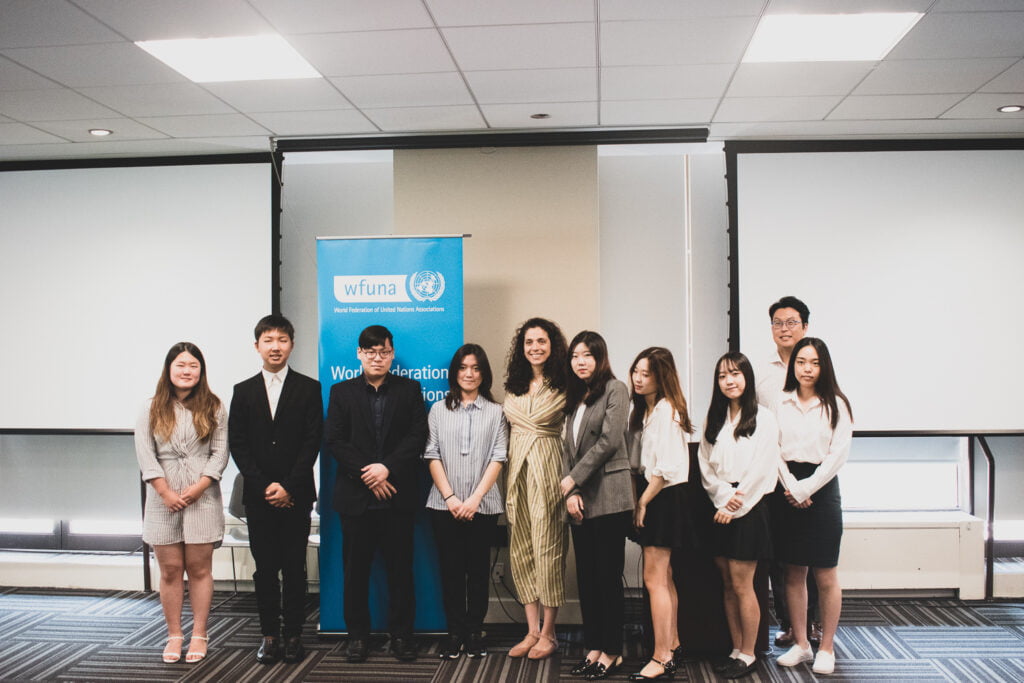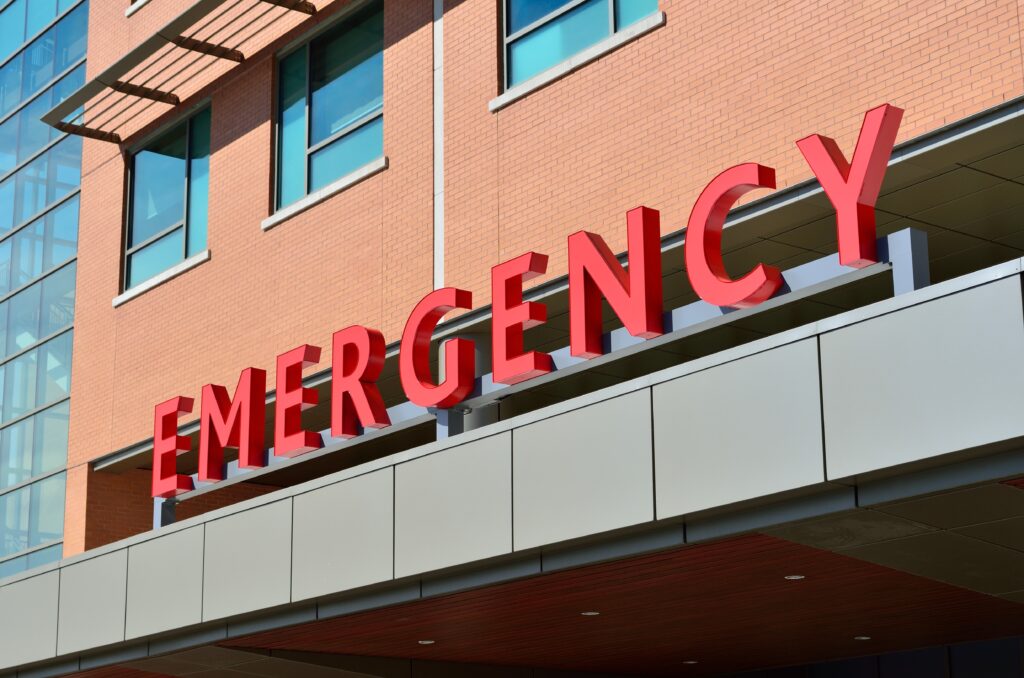The United States, a land of diverse cultures, breathtaking landscapes, and vibrant cities, attracts millions of tourists from around the globe each year. As you embark on your journey to explore this dynamic country, either for career advancement, leadership training for college prep, or for recreation, it’s important to ensure that your stay is not only enjoyable but also compliant with legal regulations and safety precautions. This comprehensive guide will equip you with the knowledge to navigate the legal landscape and prioritize safety measures, ensuring a memorable and worry-free experience.
Staying Legal in the U.S. Understanding Visa Requirements and Regulations
Before embarking on your trip, ensure that you have obtained the appropriate visa for your intended purpose of travel.
- Tourists: The B-2 visa is designed for non-immigrant visitors engaged in leisure travel, tourism, or short-term visits for other authorized purposes. Adhere to the purpose of your visit, maintain valid travel documents, and refrain from engaging in unauthorized activities.
- Researchers and Visiting Fellows: The J-1 visa is designed for individuals participating in work-and-study programs. Maintain the purpose of your stay by engaging in research or scholarly collaboration aligned with your field of expertise. Comply with visa restrictions, such as employment limitations, and be mindful of travel restrictions.
- Students: The F-1 visa is designated for non-immigrant students enrolled in full-time academic programs at recognized educational institutions. Focus on your studies by attending classes, completing coursework, and participating in school and co-curricular activities. Adhere to visa restrictions and consult with your school’s international student office for guidance.
Employment Authorization
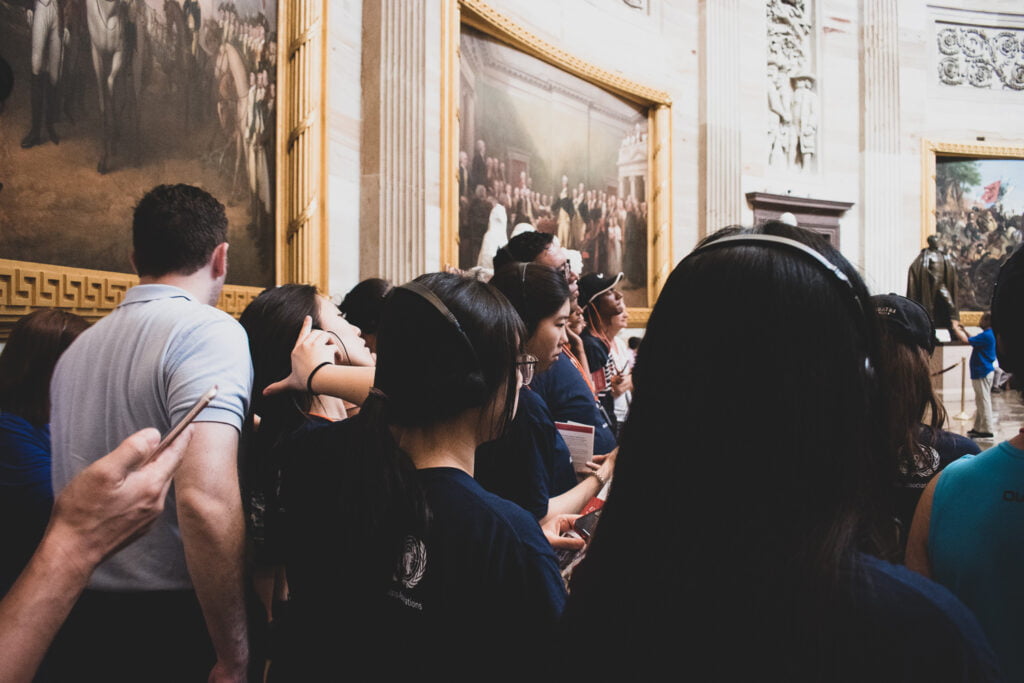
- Tourists: Tourists are generally not permitted to work in the United States without a valid work authorization. Engaging in unauthorized employment can lead to serious consequences.
- Researchers and Visiting Fellows: J-1 visa holders may be eligible for certain types of employment authorization, such as on-campus work, optional practical training (OPT), or curricular practical training (CPT).
- Students: F-1 visa holders may be eligible for limited employment opportunities under specific conditions, such as on-campus work, optional practical training (OPT), or curricular practical training (CPT).
Other Tips on Staying Legal
Respect Local Laws and Regulations: Familiarize yourself with local ordinances and avoid engaging in any activities that may violate the law. Take note of the following laws that are often bypassed by tourists and save yourself from hassle:
- Drinking: In the U.S., it is illegal to drink below the age of 21, as well as to drink and drive across any state. In most states, drinking alcohol in public spaces, including parks, streets, and sidewalks, is prohibited.
- Jaywalking: Crossing the street outside of designated crosswalks or against red lights is considered jaywalking and can result in fines.
- Taxation: Sales tax is added to the purchase price of most goods and services. Ensure you are aware of and pay the applicable taxes.
- Littering: Disposing of trash in public areas is illegal and can lead to fines or penalties.
- Noise Ordinances: Noise levels are regulated in many cities and residential areas. Be mindful of noise restrictions, especially during late-night hours.
Maintain Your Passport and Travel Documents: Keep your passport and other travel documents secure and easily accessible at all times. Make copies of these documents and store them separately in case of loss or theft.
Avoid Overstaying Your Visa: Under no circumstances should you remain in the United States beyond the authorized period stated on your visa. Overstaying your visa is a deportable offense.
Be Alert to Your Surroundings: Exercise caution when visiting unfamiliar areas, especially at night. Be aware of your surroundings and avoid walking alone in isolated areas.
Seek Assistance When Needed: Don’t hesitate to seek assistance from law enforcement or local authorities if you feel unsafe or encounter any problems. Dial 911 in case of emergencies.
Keeping Safe While You Travel Navigating the Natural World
The United States’ diverse ecosystems and varied terrain present both beauty and potential hazards. Familiarize yourself with the region you’re visiting and its associated natural risks.
- Extreme Weather: The U.S. is prone to various natural disasters, including hurricanes, tornadoes, and snowstorms. Stay informed about weather forecasts and heed warnings from local authorities.
- Wildlife Encounters: Be mindful of the wildlife in the area you’re exploring. Keep a safe distance from wild animals and follow local guidelines for interactions.
- Insect Precautions: Protect yourself from insect bites by wearing appropriate clothing, using insect repellent, and checking for ticks regularly.
Ensuring Safety in Urban Environments
While most American cities are safe, it’s essential to practice common-sense precautions to minimize risks.
- Petty Crime Awareness: Be vigilant against pickpockets and keep your valuables secure. Avoid carrying large amounts of cash and keep your belongings close to you.
- Nightlife Safety: If you plan to explore nightlife, choose well-lit and populated areas. Stay with your group, avoid isolated areas, and be cautious of strangers.
Protecting Your Health and Well-being
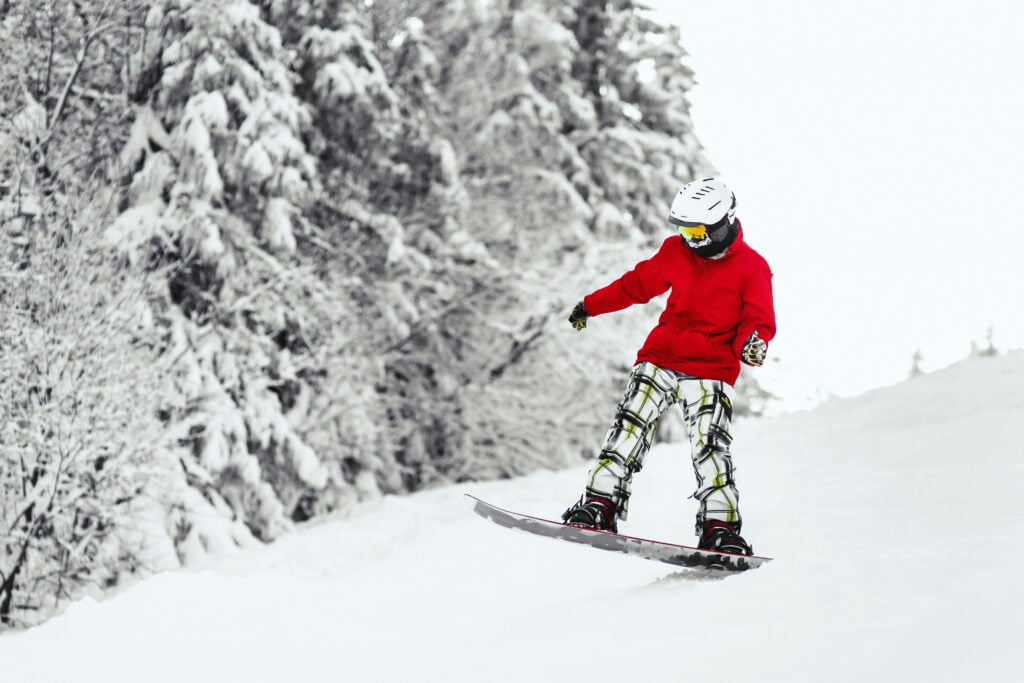
- Medical Emergencies: Ensure you have adequate travel insurance to cover medical expenses in case of emergencies.
- Prescription Medications: Check if your prescription medications are legal in the U.S. Carry a doctor’s note and original packaging to avoid any issues.
- Skiing and Snow Sports: If you plan to engage in skiing or other snow sports, ensure you have proper equipment and skills. Consider travel insurance to cover potential injuries.
Other Tips to Observe on your Trip to the U.S.
- Learn Basic Phrases in English: Learning basic English phrases can enhance your communication with locals and make your interactions more pleasant.
- Greetings: Americans generally greet each other with a handshake or a simple “hello.” Maintaining personal space is valued, so avoid standing too close to others.
- Punctuality: Punctuality is highly regarded in American society. Strive to arrive on time for appointments, meetings, and social engagements.
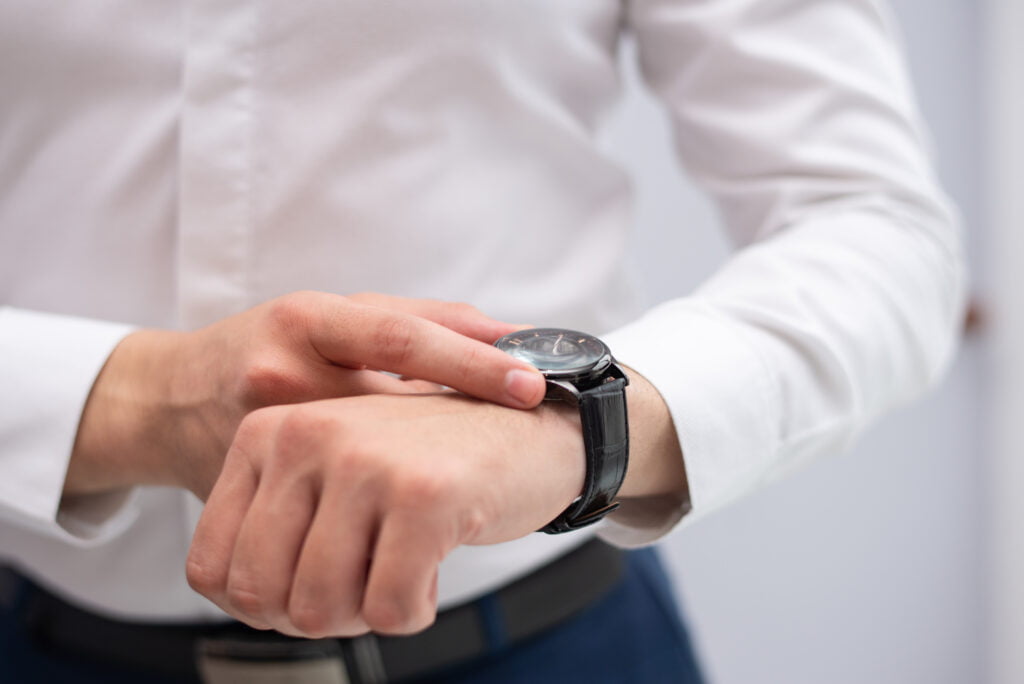

- Understand Tipping Culture: Tipping is customary in the United States for services such as dining, taxi rides, and hotel housekeeping. A standard tip of 15-20% is generally considered appropriate.
- Purchase Travel Insurance: Consider purchasing travel insurance to protect yourself against unforeseen events such as medical emergencies, trip cancellation, or lost luggage.
- Attire: Dress codes vary depending on the weather and occasion. For formal events, opt for more formal attire, while casual attire is generally acceptable for everyday settings.
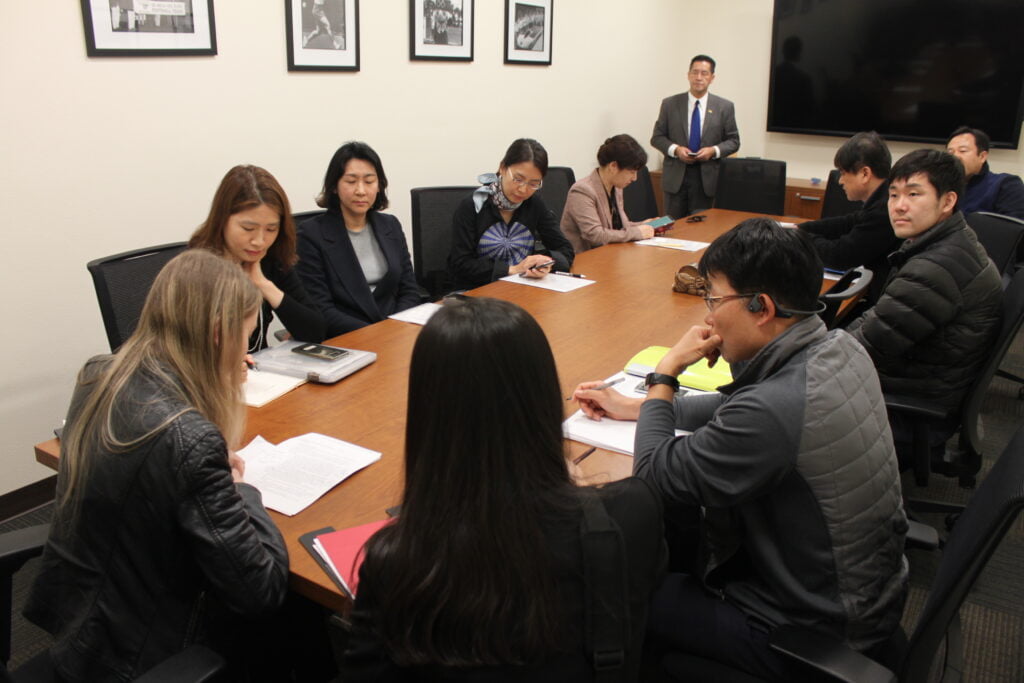
- Respectful Communication: Maintain a polite and respectful tone when communicating with others. Avoid making personal remarks or using offensive language.
- Cultural Sensitivity: Be mindful of cultural differences and avoid making assumptions about people based on their background or appearance. Show appreciation for cultural diversity.
Conclusion
Embark on your journey to the United States with confidence and preparedness. By understanding visa requirements, adhering to local laws, and practicing safety precautions, you can ensure a memorable and worry-free travel experience. Remember, you are not alone in this adventure. Seek assistance from tour guides, fellow travelers, or local authorities when needed, and enjoy the wonders that the United States has to offer.


